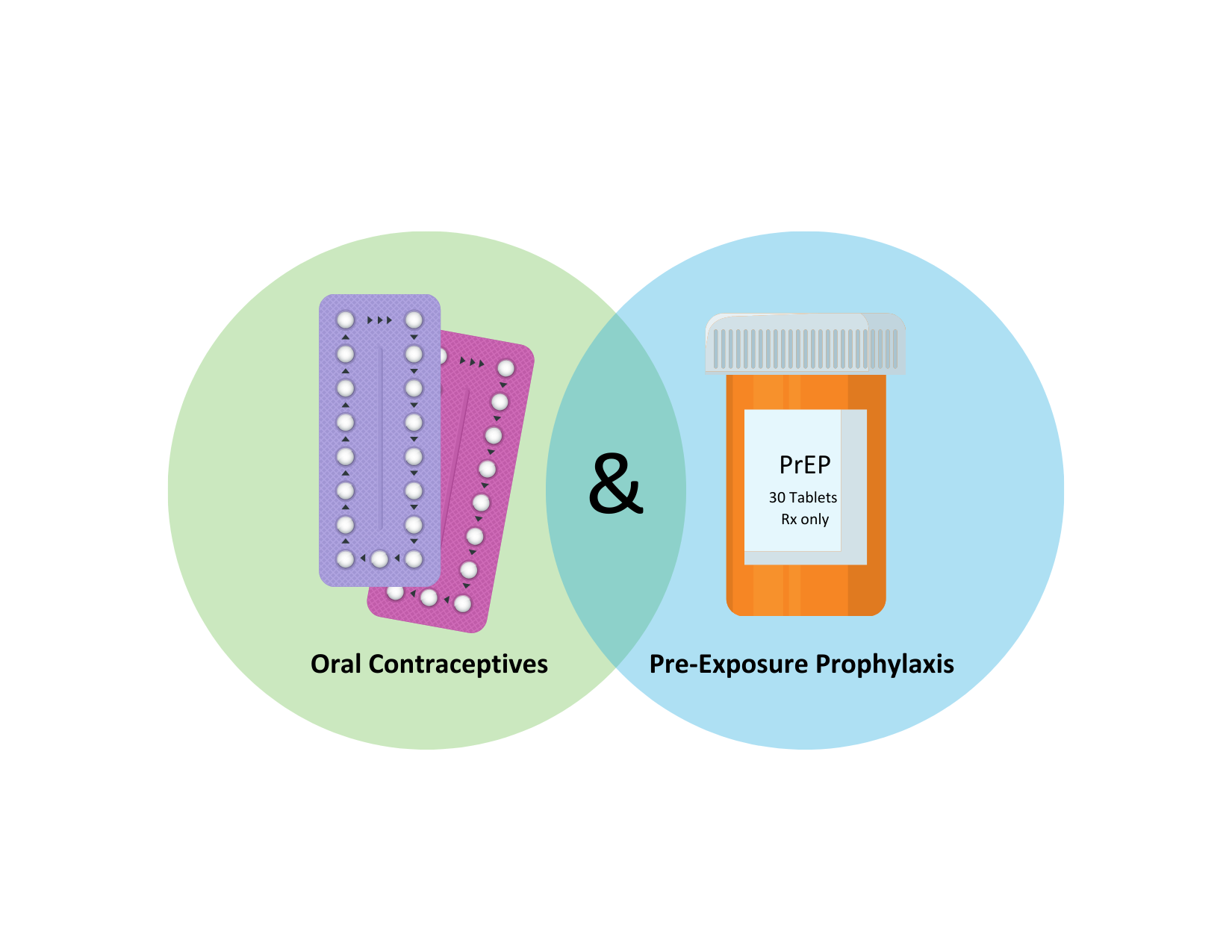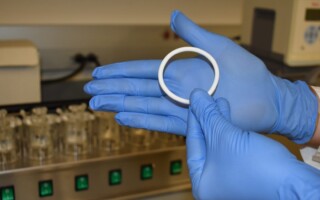
The Issue
Young women worldwide are confronted with two significant health risks: unintended pregnancy and HIV infection. Oral pre-exposure prophylaxis (PrEP) is a highly effective method of HIV prevention, yet uptake of and adherence to oral PrEP remains low. Women in sub-Saharan Africa disproportionately shoulder the burden of the HIV epidemic and account for two-thirds of new HIV infections.
Growing evidence suggests many women would be more likely to use an HIV prevention method if it also provided protection against unintended pregnancy. There is an urgent and continued need to develop innovative sexual and reproductive health technologies that provide women and girls with expanded options and choice. Several novel contraceptive multipurpose prevention technologies (MPTs) are in development, yet it will be many years before one is available.
The Progress
The Population Council is exploring developing a dual prevention pill (DPP) regimen by co-formulating the active ingredients in oral PrEP and oral contraceptives into one tablet to be taken every day. A DPP regimen, which combines two proven products, is likely to be the fastest pathway to contraceptive MPT introduction.
In addition to product development, the Population Council conducted two crossover acceptability studies with the University of Zimbabwe and Wits RHI in South Africa to inform the development and introduction of the DPP. The two studies assessed the acceptability, preference, and adherence to an over-encapsulated version of the DPP as a proxy for the co-formulated DPP tablet versus a two-pill regimen of PrEP and oral contraceptives. Publications related to these studies can be found here.
The Impact
The acceptability study results provided important data to inform product development and future introduction. In particular, these studies provided the opportunity to test counseling strategies, learn about women’s interest in the DPP, and helped begin to prime the community for scaling up this new technology once the co-formulated DPP is available. The design and findings from these studies are further informing a large multi-site trial through the HIV Prevention Trials Network (HPTN 104).
A DPP, if available in family planning and HIV clinics, has the potential to play an important role in meeting the dual protection needs of women and girls who prefer a self-controlled, daily, oral regimen.




